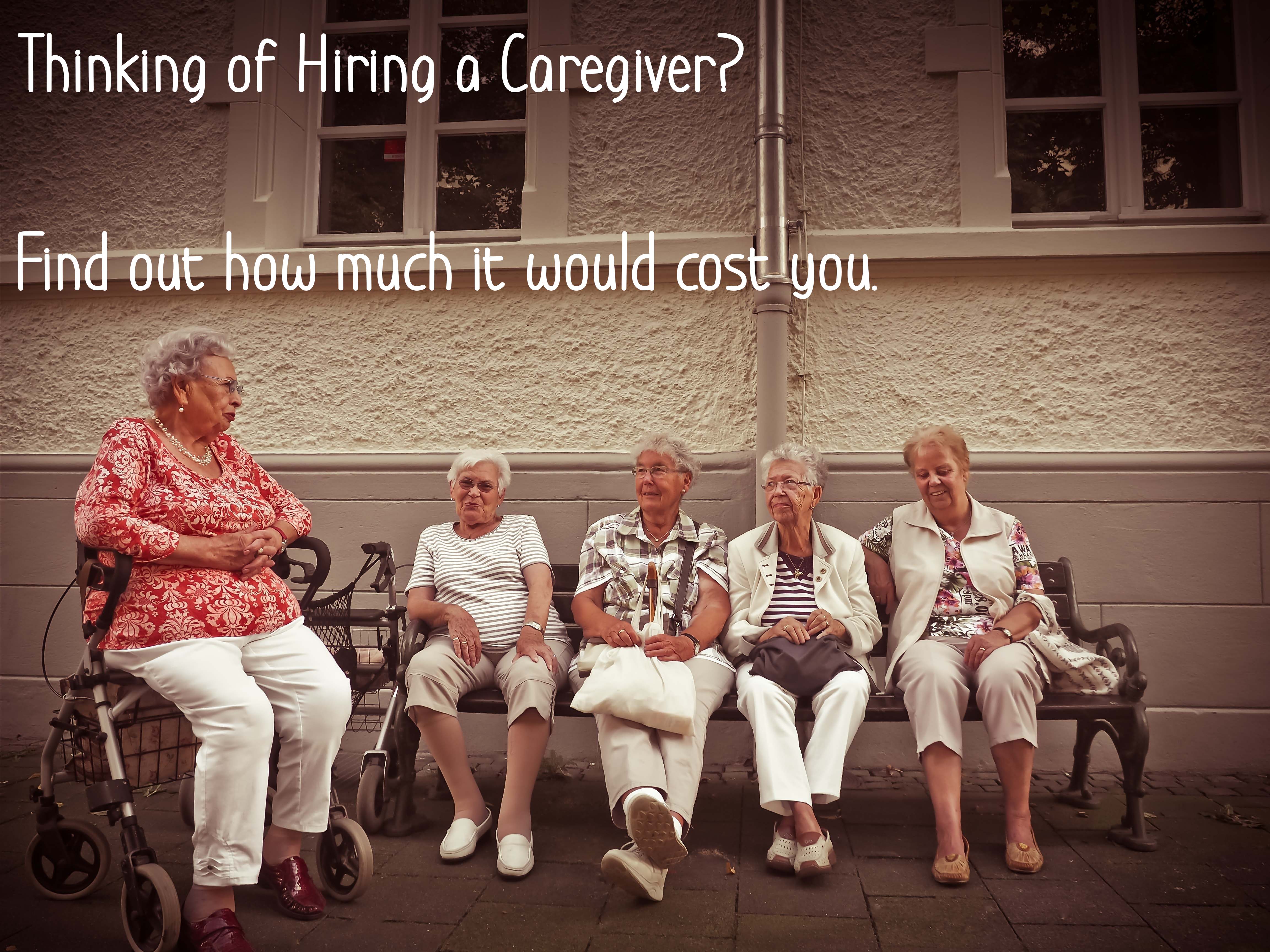Yoga for Your Health
 Physician and best-selling author Dean Ornish has just two words for older Americans wondering whether they should take advantage of the free yoga classes being offered during September’s National Yoga Month: “Do it!” he urges.
Physician and best-selling author Dean Ornish has just two words for older Americans wondering whether they should take advantage of the free yoga classes being offered during September’s National Yoga Month: “Do it!” he urges.
The man who has spent nearly 40 years researching and advocating for yoga as part of a healthful lifestyle, vows that “even in a week, you’ll notice how much better you feel.”
Ornish, 56, founder of the Preventive Medicine Research Institute in Sausalito, Calif., calls the free yoga classes “a great way to jump start” changes that can dramatically improve your health. Since the 1980s, he has been incorporating yoga and meditation in all his studies on how lifestyle alterations can halt or even reverse the effects of serious diseases. The results, he says, have been clear: Combining yoga’s calming effects with other modifications, such as regular exercise and a low-fat diet, can have rapid and significant effects.
A minute a day helps
“What’s particularly exciting for older people is how quickly they can show improvement when they begin making these changes,” Ornish says. In his studies, patients with heart disease, diabetes, high blood pressure or high cholesterol all improved. Plus, “in all the studies, older patients improved as much as younger patients.”
When he began his research, yoga was considered “weird,” Ornish says. It’s more accepted now, but Ornish notes that his study participants still “think that they’re going to have the hardest time with yoga and meditation.” To their surprise, “it’s often the part they come to value most,” he says.
He has found in his studies that the more yoga and meditation the participants did, the more they improved. But more important than duration, he emphasizes, is consistency. “Even a minute of yoga every day is more important than waiting until you can do an hour a week.”
Last year, Ornish published two studies suggesting that improvements in diet, exercise and stress-management through yoga and meditation could have important benefits in preventing cancer and slowing the effects of aging.
Turning on good genes
One study of 30 men with low-risk prostate cancer, published by the National Academy of Sciences, showed that these lifestyle changes “turned on the good or disease-preventing genes and turned off the genes that cause heart disease, prostate cancer, breast cancer and other illnesses,” Ornish says.
Published last fall in the Lancet, another study of the same group of men with low-risk prostate cancer seemed to suggest that a low-fat diet, regular exercise, support groups, and yoga and meditation might slow the effects of aging by increasing the amount of an enzyme called telomerase, which affects cell growth.
“Nutrition, yoga and meditation, exercise, support groups—the more of these things you do, and the more intensively you do them, the better you get. It’s not a function of age or disease severity,” Ornish adds, but of how much people can change their lives for the better.
What yoga does is give people a more effective way of managing stress. “It makes your fuse longer so things don’t bother you as much. You can accomplish more without getting stressed or sick in the process,” he says.
Reversing heart disease
Ornish established his reputation in the 1990s with a program to reverse the effects of heart disease through lifestyle changes rather than surgery. He himself discovered the positive effects of yoga when, sickly and depressed at age 19, he was introduced to the late Sri Swami Satchidananda. The swami suggested Ornish become a vegetarian and taught him to meditate and practice yoga, which helped him feel better and more peaceful.
While in medical school, he began studies to show that a strict regimen of yoga, exercise and dietary changes could halt or even reverse heart disease. His 1990 book, Dr. Dean Ornish’s Program for Reversing Heart Disease, made the New York Times best-seller list. By 1998, he was on the cover of Newsweek magazine and was a physician consultant to President Clinton, working with the White House chefs on cooking more healthfully. He currently is a clinical professor of medicine at University of California, San Francisco.
Still slim and diligent about avoiding meat, dairy and high-fat food, Ornish says he finds time to meditate, even briefly, each day. He does confess to one occasional splurge: “A small piece of delicious, dark chocolate” that he eats very slowly, savoring every bite. Ornish’s most recent book, The Spectrum: A Scientifically Proven Program to Feel Better, Live Longer, Lose Weight, and Gain Health, gives people more latitude in choosing what foods to eat or exercise plans to follow. In some ways, it’s an answer to those who felt his original program—especially the restrictive, low-fat diet—was too stringent.
Ornish acknowledges that “change is hard for anybody at any age.” But feeling better is the key to sustaining change, he adds. For people with aches and pains, he suggests using National Yoga Month to “try yoga every day for a week. At the end of that week, most people will feel improvement.”
Even more importantly, the good feeling people will get from doing yoga will make them want to do it more, he says. “And you’ll do it not because some book or doctor told you to, but because it comes out of your own experience.”
Courtesy of AARP
- Tags: Aging & Wellness
- Professional Medical














Comments 0